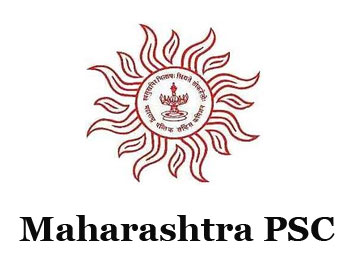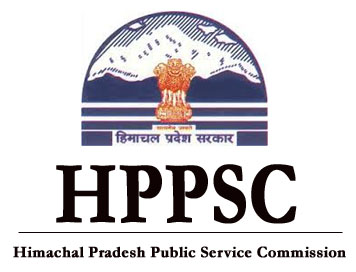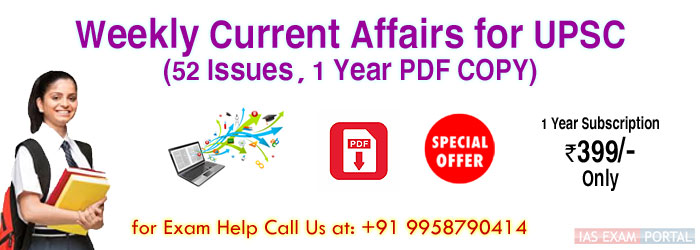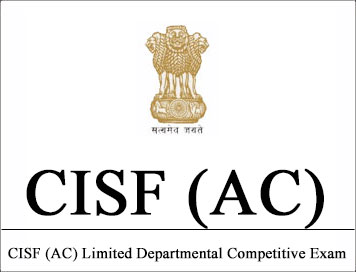
(Notification) UPSC: CISF (AC) Assistant Commandants
Examination, 2016
Candidates applying for the examination should ensure that they fulfill all
eligibility conditions for admission to the Examination. Their admission at all
the stages of the examination will be purely provisional subject to satisfying
the prescribed eligibility conditions.
ELIGIBILITY CONDITIONS :
(I) Nationality : No person who is not a citizen of India shall,
except with the consent of the Central Government signified in writing be
appointed or employed under these Rules.
Provided that nothing contained in these rules shall debar the appointment,
enrolment or employment of a subject of Nepal or Bhutan under these Rules.
(II) Sex : Both Male and Female candidates are eligible for appointment
to the post of Assistant Commandants.
(III) Age Limits :
(a) A candidate must have attained the age of 20 years and must not have
attained the age of 25 years on 1st August, 2016, i.e. he/she must have been
born not earlier than 2nd August, 1991 and not later than 1st August, 1996.
(b) The upper age limit prescribed above will be relaxable.
(i) upto a maximum of five years if a candidate belongs to a Scheduled Caste
or a Scheduled Tribe.
(ii) upto a maximum of three years in the case of candidates belonging to Other
Backward Classes who are eligible to avail of reservation applicable to such
candidates.
(iii) upto a maximum of five years for Civilian Central Government Servants in
accordance with the existing instructions of the Central Government.
Ex-Servicemen will also be eligible for this relaxation. However the total
relaxation claimed on account of Government Service will be limited to five
years.
(iv) upto a maximum of five years if a candidate had ordinarily been domiciled
in the State of Jammu & Kashmir during the period from 1st January, 1980 to the
31st day of December, 1989
FEE :
Candidates (excepting Female/SC/ST candidates who are exempted from payment
of fee) are required to pay a fee of Rs. 200/- (Rupees Two Hundred Only) either
by depositing the money in any Branch of SBI by cash, or by using net banking
facility of SBI, State Bank of Bikaner & Jaipur/State Bank of Hyderabad/State
Bank of Mysore/State Bank of Patiala/State Bank of Travancore or by using
Visa/Master Credit/Debit Card.
Selection Procedure:
The Selection Procedure/Scheme of the Examination will be as follows:
(i) Written Examination: The written examination to be conducted by
Union Public Service Commission will be held on 26TH June, 2016 and will
comprise two papers. Paper I will be held from 10 a.m. to 12.00 Noon and Paper
II will be held from 2.00 p.m. to 5.00 p.m.
Paper I : General Ability and Intelligence - 250 Marks
The questions in this paper will be of Objective (Multiple Answers) Type in
which the questions will be set in English as well as Hindi.
Paper II : General Studies, Essay and Comprehension - 200 Marks
In this paper candidates will be allowed the option of writing the Essay
Component in English or Hindi, but the medium of Precis Writing, Comprehension
Components and other communications/ language skills will be English only
(ii) Physical Standards/Physical Efficiency Tests and Medical Standards
Tests : Candidates who are declared qualified in the written examination
will be summoned for Physical Standards/ Physical Efficiency Tests and Medical
Standards Tests. Those candidates who meet the prescribed Physical Standards,
specified in Appendix-VI, will be put through the Physical Efficiency Tests as
indicated below :
Physical Efficiency Tests (PET)
| |
Males |
Females |
| (a) 100 Meters race |
In 16 seconds |
In 18 seconds |
| (b) 800 Meters race |
In 3 minutes 45 seconds |
In 4 minutes 45 seconds |
| (c) Long Jump |
3.5 Meters (3 chances) |
3.0 meters (3 chances) |
| (d) Shot Put (7.26 Kgs.) |
4.5 Meters |
— |

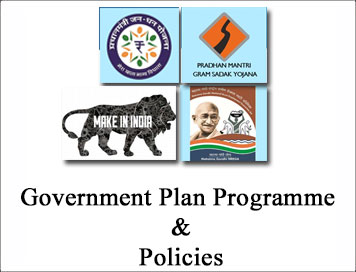
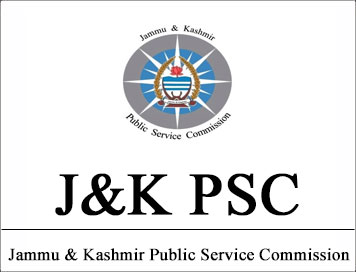
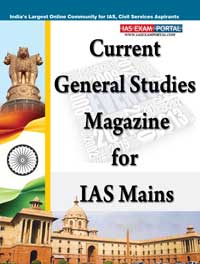
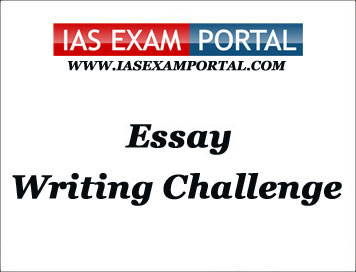
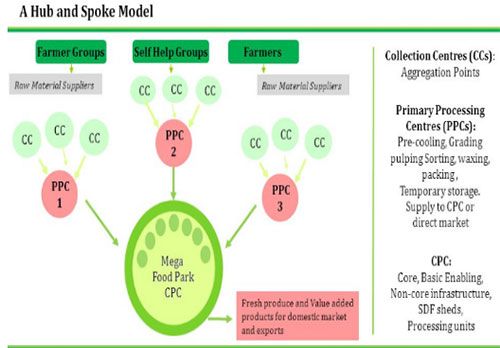 What
is the scheme all about?
What
is the scheme all about?
